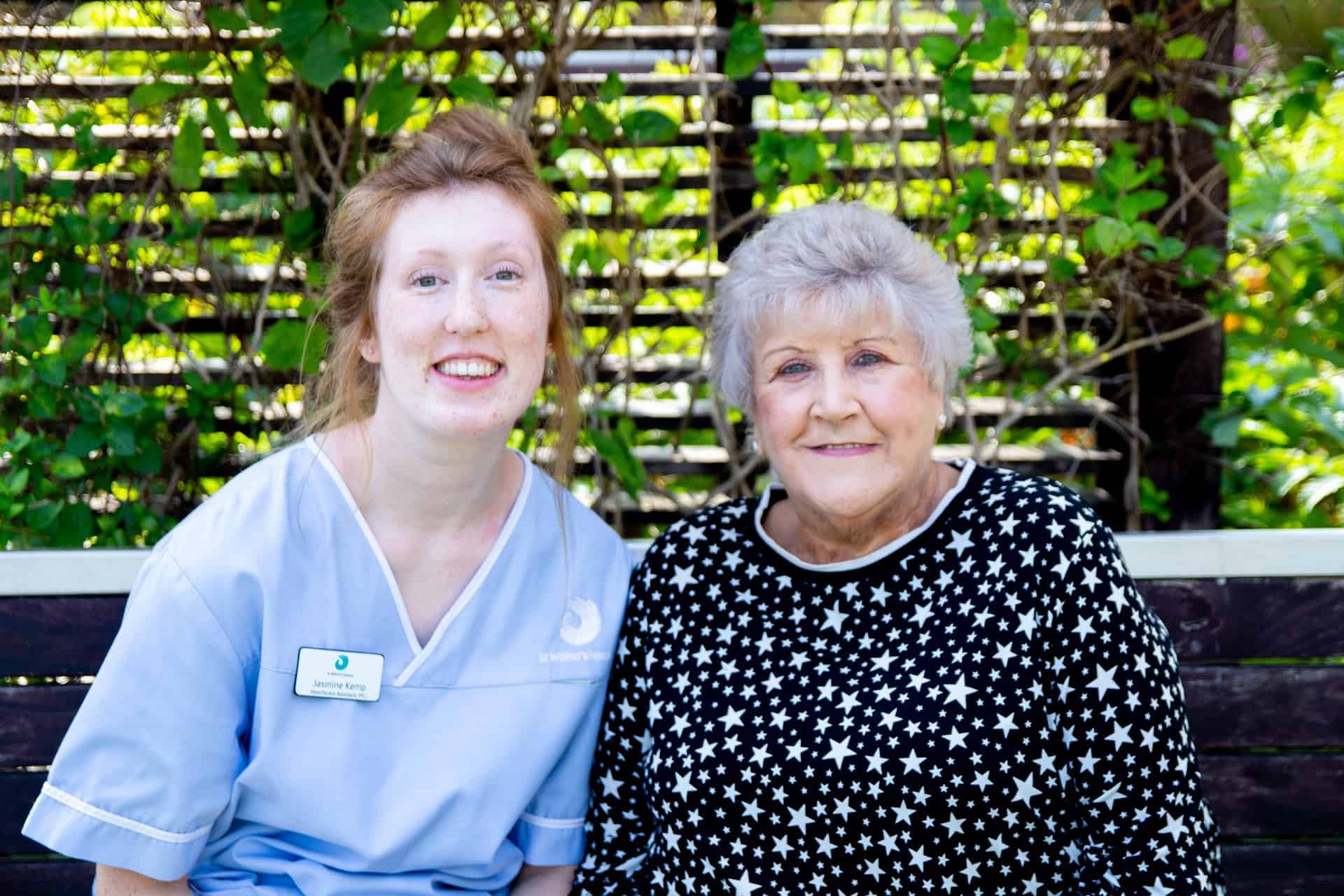Help someone see clearly again through the gift of cornea donation
Have you ever considered donating your corneas after your death? To mark Organ Donation Week (18th to 24th September), we’re looking at cornea donation and the difference your gift could make to a recipient.
The cornea is the clear dome-shaped surface at the front of the eye. A corneal transplant replaces a diseased or damaged cornea with a healthy donated one. Such a donation is an act of great compassion and generosity. It may, at a time of sadness and loss, offer some comfort knowing that this extraordinary gift could help others.
Great care is taken to preserve the donor’s appearance, and the donor’s body is always treated with dignity and respect. The procedure is carried out either at the hospice or the funeral directors by technicians from the East Grinstead Eye Bank. In order to ensure the donated corneas remain healthy, collection must take place within 24 hours after death, and funeral arrangements, including viewing, may proceed as planned.
Everyone should consider themselves a potential donor – age, poor eyesight, or a cancer diagnosis are not necessarily barriers to donation. Unfortunately, blood borne cancers or viruses, some forms of eye surgery and neurodegenerative conditions will prevent donation.
We talked to two staff members about their personal experience of cornea donation.
Jasmine is one of our Healthcare Assistants. Her nan, Pam, told us: ‘I was suffering from very sore runny eyes and diagnosed with hereditary Fuchs’ Dystrophy. I needed a cornea transplant to prevent me from losing my sight.
‘I asked where the corneas came from, and the consultant explained they came from people who donate their corneas after their death. I have since had a second transplant and my eyesight is very good. Without the generosity of these people, I would surely have lost my sight,’ Pam said.
Katy Bollins is one of our Clinical Nurse Specialists. Her husband, Thom, had a cornea transplant nine years ago. He has an eye condition called Keratoconus, causing the cornea to become thin and floppy. This causes extreme short sightedness that cannot be corrected by glasses.
A cornea transplant has enabled Thom to live a normal life. ‘I just want to say a massive thank you,’ he said. ‘It’s passing on a gift to someone you don’t know who will benefit hugely and change their life completely.’
For more information on cornea donation, visit https://www.organdonation.nhs.uk/helping-you-to-decide/about-organ-donation/get-the-facts/cornea-donation/
Pictured top right: Jasmine and Pam












